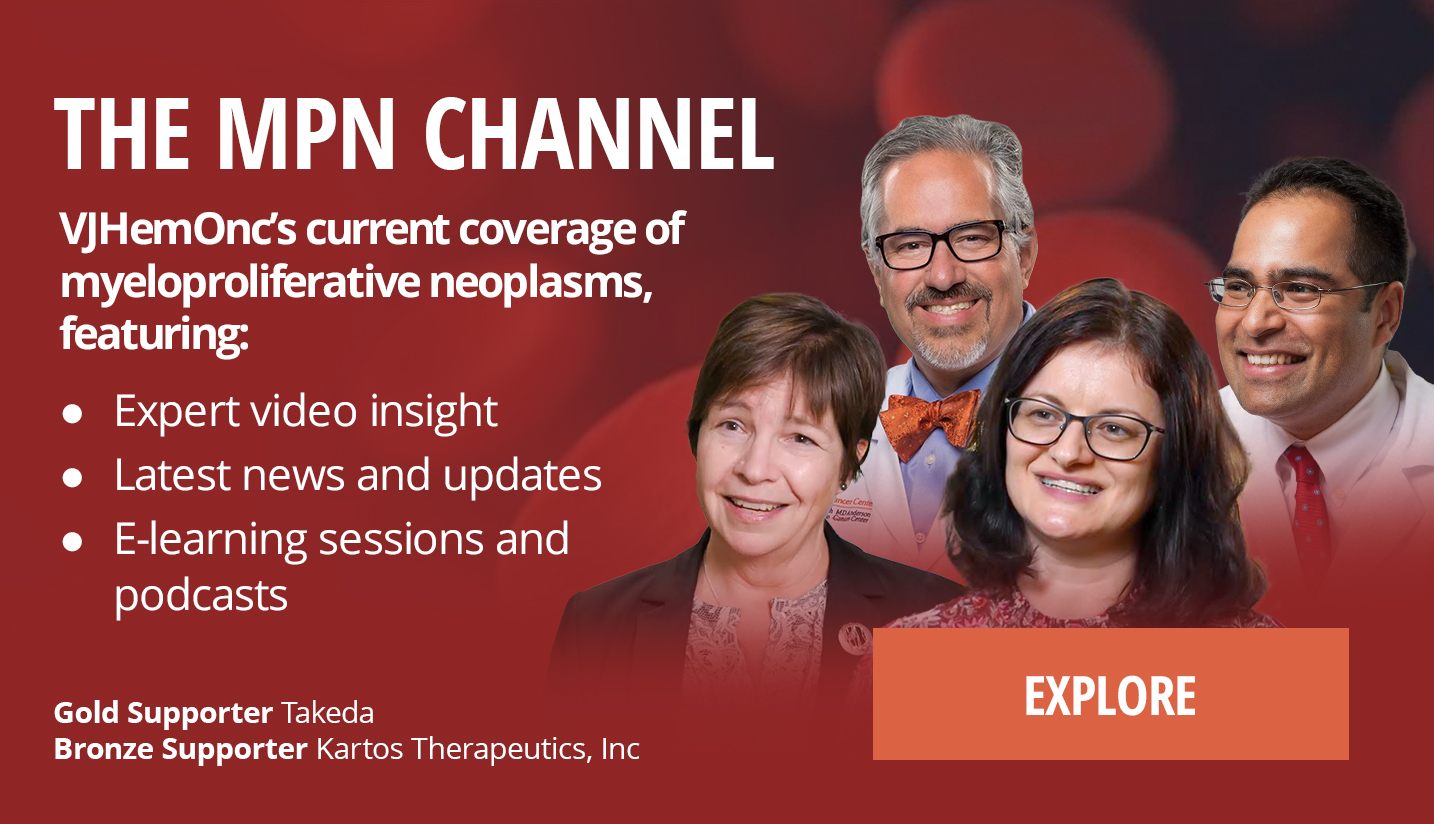I think that this is one of the most important questions for the future because ET patients and the MF patients may be CALR-mutated in 20 to 30 percent of the cases and this mutation determines a neoantigen and this may be the target of specific treatment, immune specific treatment. And so we have now in the development of monoclonal antibody again against calreticulin and we presented data at the last EHA meeting in essential thrombocythemia...
I think that this is one of the most important questions for the future because ET patients and the MF patients may be CALR-mutated in 20 to 30 percent of the cases and this mutation determines a neoantigen and this may be the target of specific treatment, immune specific treatment. And so we have now in the development of monoclonal antibody again against calreticulin and we presented data at the last EHA meeting in essential thrombocythemia. Most of the patients responded in terms of reduction of the platelet and many patients responded in terms of reduction of the clone, and this is quite positive. Then we are also in development a bispecific against CD3 and CALR and we have not yet clinical results in this field. There is also experience with the vaccination against CALR that for the time being is not so active. And finally, there is also an in vitro study and preclinical study with CAR-T against CALR. But we have to wait, collect data and see what happens in the long term with these new treatments. That seems to be quite promising.
This transcript is AI-generated. While we strive for accuracy, please verify this copy with the video.















